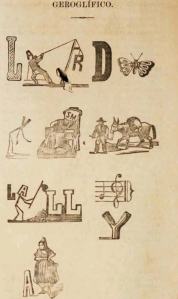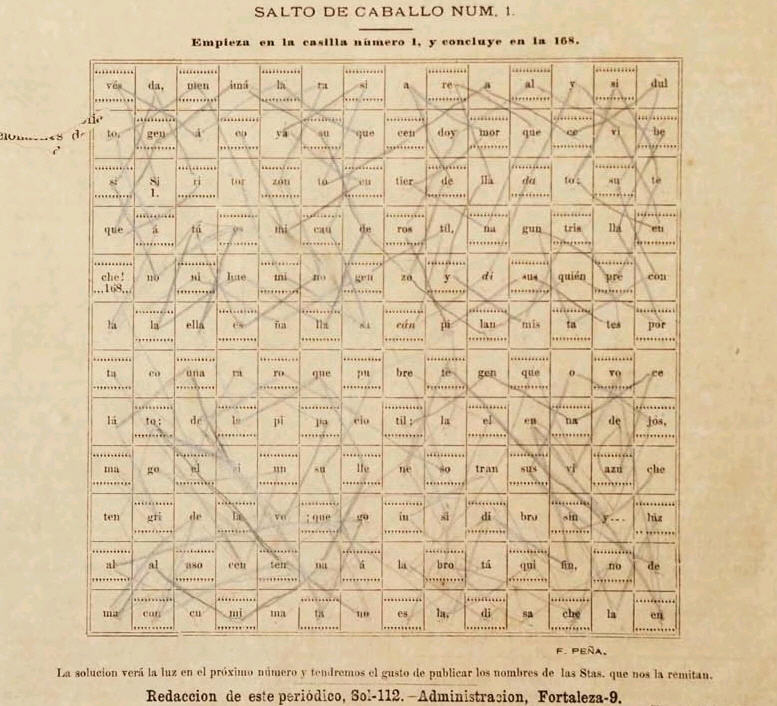
An issue of Las Hijas de Eva, Semanario consagrado al bello sexo: Literatura, Música, Teatro, Noticias, Modas y Anuncios.
The Thomas J. Dodd Research Center through the years has developed a very unique collection of Latin American and Caribbean materials that support the research of the Latin American and Caribbean studies program on campus. One of the collecting areas has been on Puerto Rico. The Puerto Rican Collection consists of two different acquisitions– the Geigel family library and the Puerto Rican Civil Court Documents. The Geigel family library, which is the core of the Puerto Rican Collection, includes over 2,000 volumes of books, pamphlets, government documents (mainly from the US government) and some periodicals, that document the social, economic, political and literary history of Puerto Rico during the late nineteenth century and early twentieth century.
The collection was acquired from the Geigel Family from Puerto Rico in the early 1980s by the recommendation of the then UConn history professor Dr. Francisco Scarano. Owed privately by Doña Luisa Geigel de Gandía, resident of Santurce (San Juan, Puerto Rico), this library represents the collecting efforts of three generations of Geigel family members.
The collections time span covers from 1800 – 1977 but the bulk of the collection is from 1850-1950. The collection includes many first editions of literary books and rare printing of newspapers and magazines from the late 19th century.
For the item of the month, I am showcasing a very unique title, the periodical Las Hijas de Eva (1880), a late 19th century women magazine edited by many well-known Puerto Rican writers and intellectuals, both men and women, such as Alejandro Tapia y Rivera, Lola Rodríguez de Tío, Manuel Tavárez, etc… The magazine followed the same stylistic format found in 19th century Spanish women magazines and it was digitized as part of a bigger project, the Spanish Periodicals and Newspapers: Women’s Magazine Digital Collection. What make this magazine unique is the fact that it had many women contributors writing articles and poetry which was unusual in late 19th century Puerto Rican society. This weekly magazine includes articles (written by men and women authors), poems, travel accounts and word games and puzzles.
To find the books and periodicals in the Puerto Rican Collection, you can search for individual titles using the UConn Library catalog HOMER.
For further information about these materials, contact Marisol Ramos, Curator for Latin American and Caribbean Collections. More information about the Thomas J. Dodd Research Center and using the archival collections can be found here.





